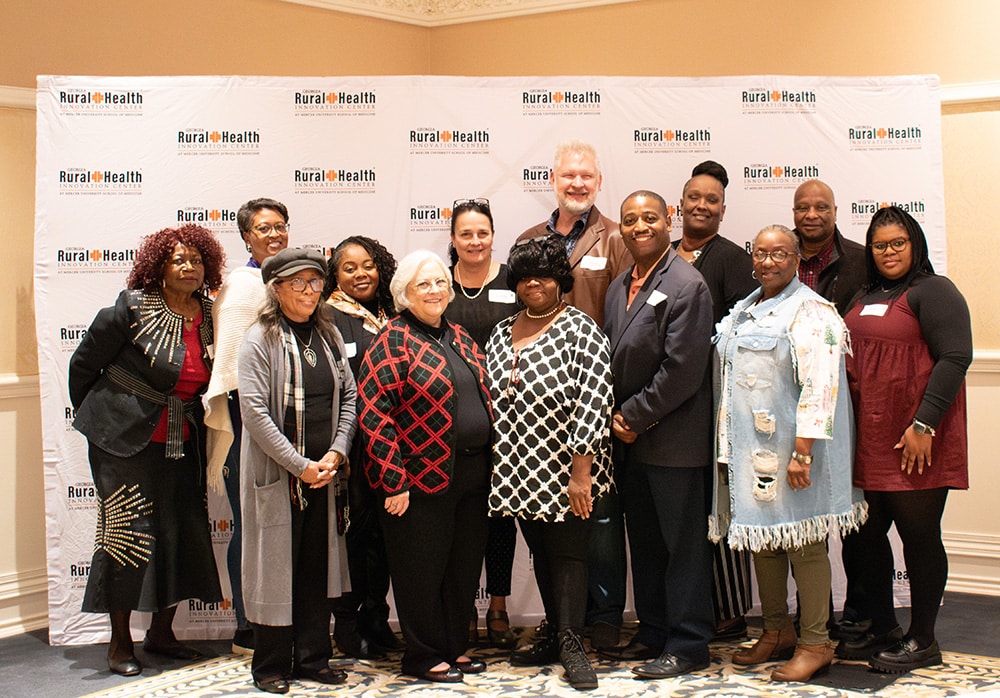
Across the state of Georgia, rural counties struggle not only with access to health care services, but also the visibility of what services are provided in their area. To help improve transparency, the Georgia Rural Health Innovation Center (GRHIC) established the Community Health Reporter (CHR) Program. This program identifies and engages rural citizens who are part of the local fabric and are knowledgeable about updates to the health care landscape.
Reporters have a wide range of skills. They are data-oriented to help develop and maintain lists of health care providers and locations. Their relationship skills also prove them to be valued ambassadors in these roles.
Since its inception in 2021, the CHR program has achieved significant growth milestones to blossom from an idea into a reality. To begin, the 120 rural counties were divided into more than seventy territories. Reporters have been identified, hired, and trained in 53 of those territories.
The initial design of the program yielded definition around what information was requested and provided tools for communicating and sharing this data between reporters and GRHIC. All of these efforts have resulted in a wealth of data at the county level.
The program is positioned to ensure the same caliber of data exists across all rural counties in Georgia. The reporters are currently verifying contact and hours of operations data for physician practices in their territories. GRHIC is supplementing these efforts by providing reporters with information from national databases so that their data is complete, accurate, and timely. Once all counties have been submitted, these records will be uploaded to refresh the Health Access Locator on the GRHIC website.
After verifying physicians, reporters across the state will band together to tackle future verification waves to increase transparency around nurse practitioners, dentists, pharmacists, and mental health providers among others.
GRHIC will continue to provide support and tools to facilitate the reporters’ work. The Center is excited to partner with Mercer Engineering and Research Center (MERC) to design and build a new website to capture and maintain the network of rural health care data. This partnership will build upon previous processes to explore the incorporation of new sources, improve the user’s experience and apply cutting edge technology to ensure the quality of records for reporters to verify.
The Center will continue to explore new ways to engage community health reporters and foster ongoing dialogue with GRHIC. In the early months of 2024, the program will be seeking to identify, hire and train the remaining 20 territories. If you or someone you know is interested in serving in this capacity, please click on the link to apply.
